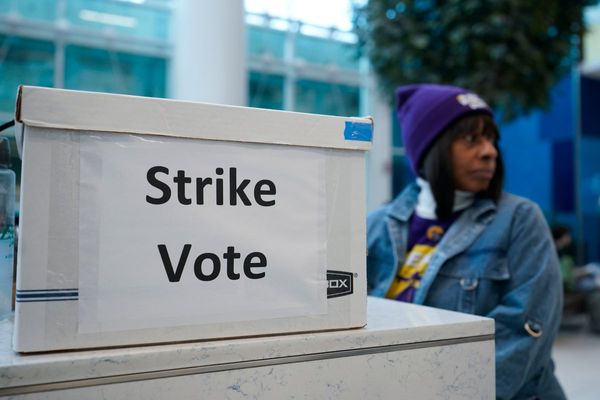
Labor’s factions are a secretive, anti-democratic duopoly that turns away talented young people and disempowers party faithful who have no interest in factional conflict, says Labor’s Andrew Leigh, speaking today in a rare public discussion of Labor’s formal power structuring.
The prolific author, non-aligned MP and former academic economist, who is Assistant Minister for Competition, Charities, Treasury and Employment, has broken Labor’s omerta–like code of silence on factions, noting that Labor now dominates the mainland and has vastly improved levels of female, ethnic and Indigenous representation in its ranks under its current factional system.
“At a national and state level, Labor’s factions have helped meet the party’s affirmative action targets, and been tasked with bringing greater ethnic and racial diversity to the ranks of the party’s elected officials,” Leigh wrote in a speech to be delivered on Wednesday afternoon at a lunch hosted by public policy think tank Per Capita in Melbourne.
But Leigh argues what were once three federal factions have collapsed into the left and the right, creating a duopoly that works to stifle debate at party conferences rather than allow a contest of ideas: “Today’s factions are less likely to broker ideological debates than to try and find a way of avoiding the debate altogether. When both factions see it as desirable to find a ‘fix’, debate can be viewed as unhealthy. Calling a truce in the battle of ideas is not the Labor way. If we stifle internal debate, we miss the chance to test our policies among ourselves, and to train new generations of thinkers.”
Political hardheads would insist “stifling internal debate” is more about not allowing the media and political opponents to portray Labor as riven with ideological divides and avoiding elevating issues that play badly for the party, such as asylum seekers, in public profile.
And it’s no longer the 1970s, when right-wing leaders like Paul Keating fought a fierce internal ideological battle to negate the influence of communists within the party’s ranks, or the ’80s, when unions fought hard to retain protectionism. Labor’s divisions these days tend to be about social issues, rather than nuanced debates around managerialism within a broadly agreed market economics framework, which is what the party has become ideologically.
Leigh reserves his extended criticism for the “profoundly undemocratic” nature of the factions, particularly around the use of “show and tell” in internal elections, in which faction members have to reveal how they voted, or let factions vote for them.
The irony of show-and-tell is that historically Labor was among the strongest advocates for the secret ballot. The secret ballot — known in other countries as the Australian ballot — was revolutionary because it prevented bosses from demanding that their workers reveal how they had voted.
That system also ensures party branches have limited, or in some states no effective role in preselections. The result is a party that deters potential members by demanding they choose a faction, alienates its supporter base by disempowering members, and potentially leads to poor match-ups of candidates and electorates.
He doesn’t want to end factions, rather end the penalty attached to not being one. Leigh is God’s lonely man, with only one other non-aligned MP (Canberra MP Alicia Payne) to caucus with — up from just himself in the 2016 Parliament. He’d like more company (and, presumably, a promotion, which is hard to get when you’re factionally independent and there’s no factional boss to lobby for you). It’s hard to see that happening due to, well, exactly the problem Leigh talks about — the power of the factions to control party positions.
Merely by talking about factions, Leigh will have made himself less popular with his colleagues. Both major parties prefer it when their factional business is kept out of public gaze, something they struggle to avoid when factional warriors lapse into branch stacking and abuse of public funds, which both Labor and the Liberals have been guilty of in recent years — especially in the factional jungle that is Victoria.
But however effective factions can be as a management tool, Leigh’s point about their anti-democratic nature is unanswerable: “No Labor government would tolerate an organisation that set up a table in the corner of the polling station, asking people to volunteer to have their ballot papers filled in for them.”
But Labor’s perfectly happy to subject its own members to such an organisation.







